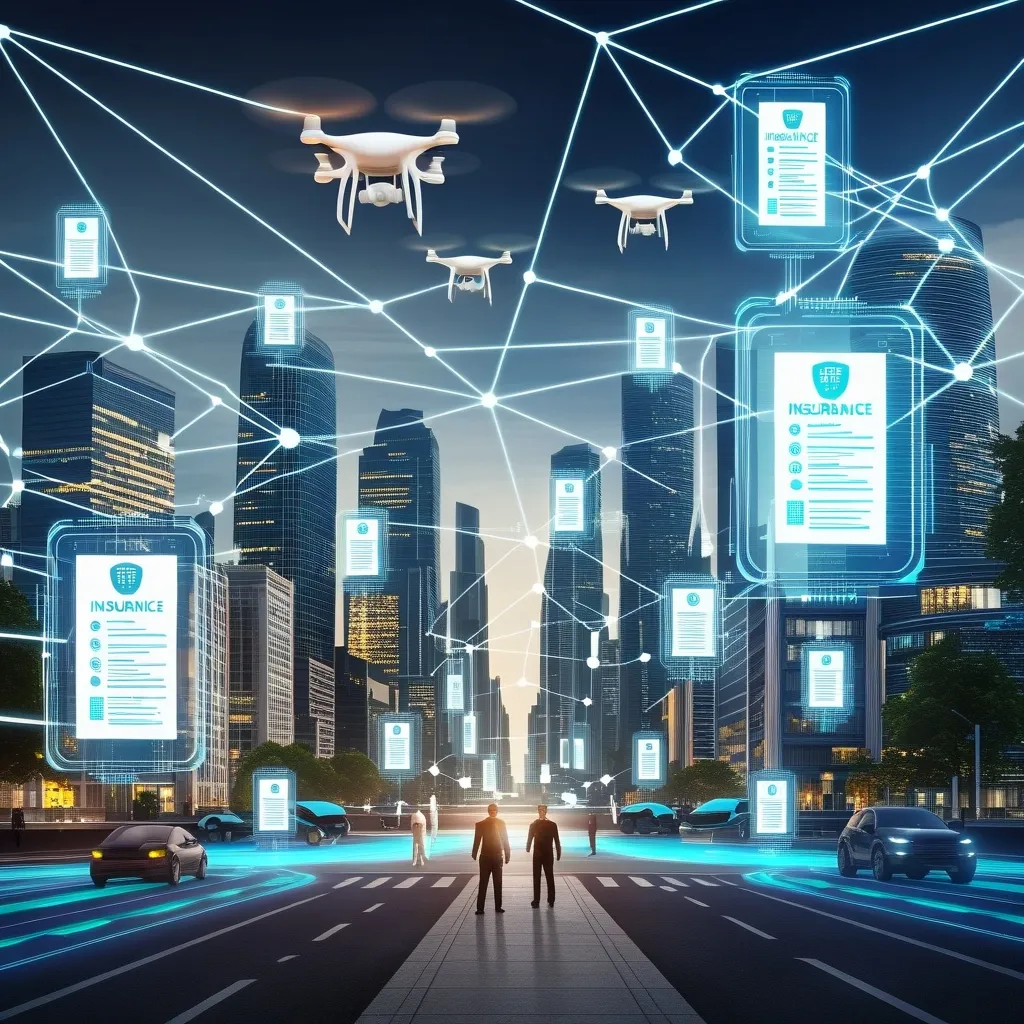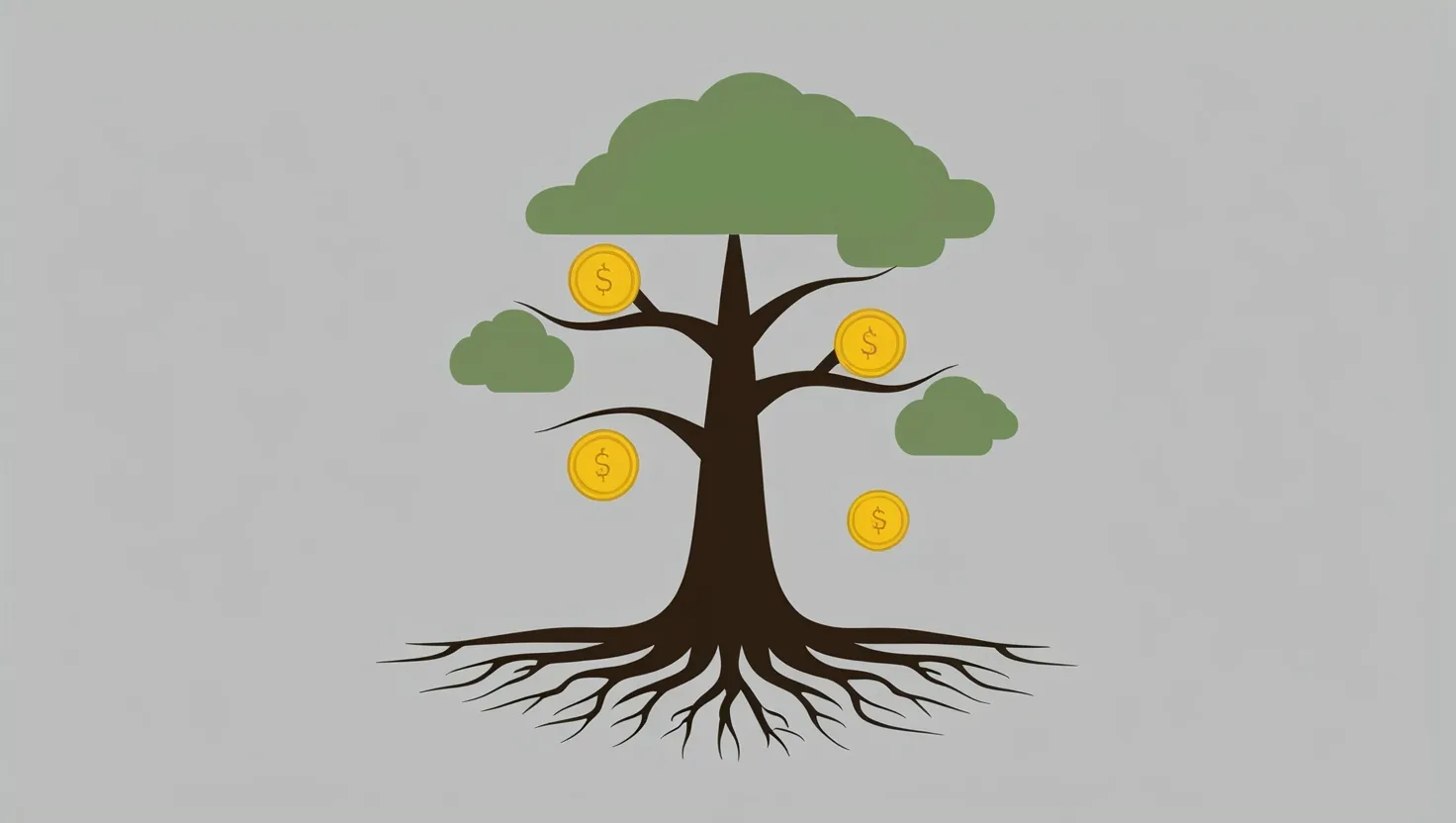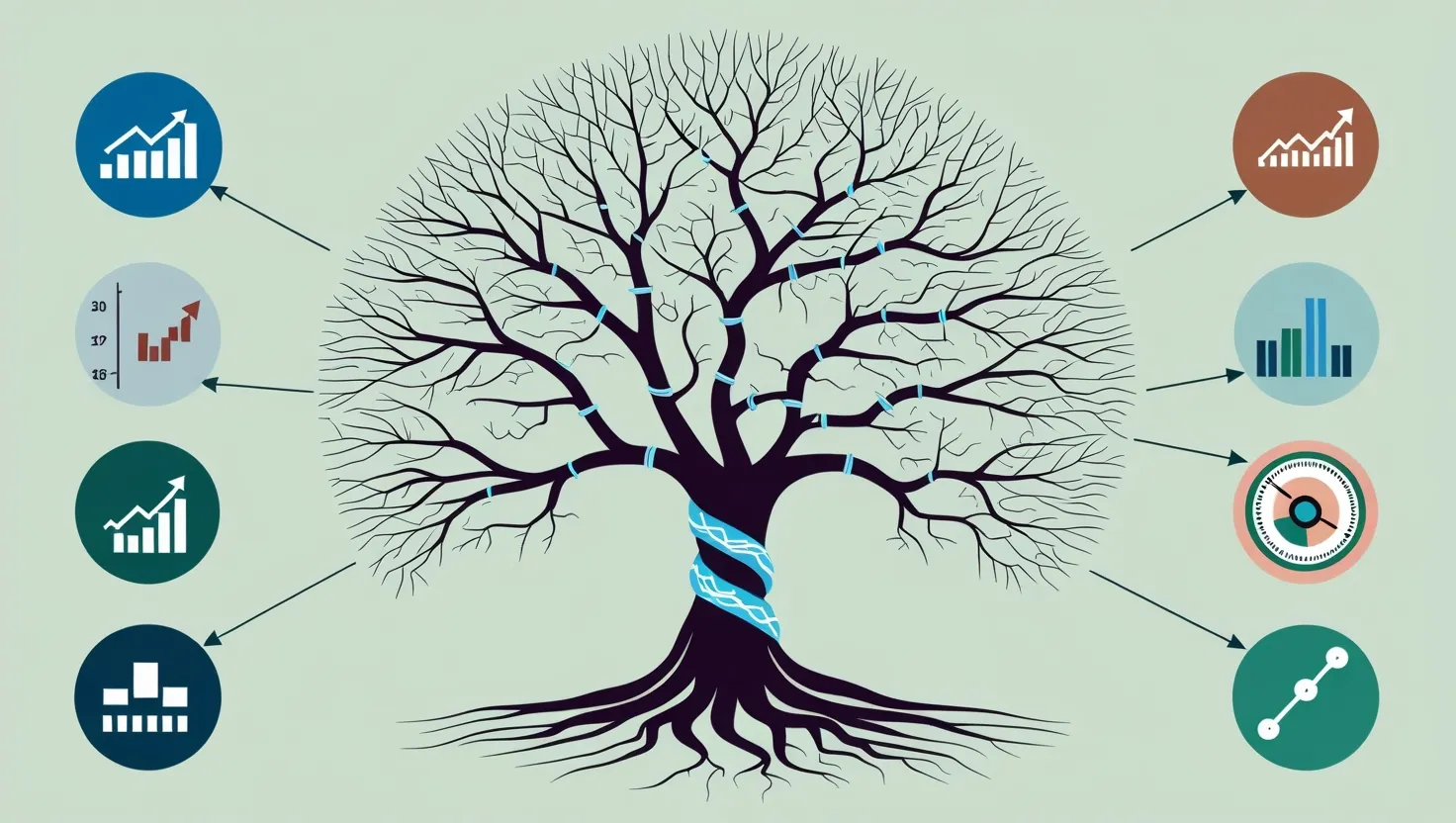The insurance industry is undergoing a massive transformation, thanks to the rise of InsurTech. This technological revolution is reshaping how insurance companies operate, interact with customers, and assess risks. Gone are the days of slow, paper-heavy processes - the future of insurance is digital, efficient, and customer-centric.
One of the biggest impacts of InsurTech is how it’s streamlining operations. Artificial intelligence and machine learning are now doing the heavy lifting when it comes to data analysis. This means insurance pros can focus on strategy instead of getting bogged down in spreadsheets. Imagine filing a claim and having it processed in minutes instead of days. That’s the kind of efficiency we’re talking about.
But it’s not just about speed. InsurTech is making insurance personal. Remember when everyone got the same cookie-cutter policies? Those days are over. Now, insurers can use big data to create policies that fit your life like a glove. Drive safely? Your car insurance might get cheaper. Love your fitness tracker? Your health insurance could reflect your healthy habits.
This personalized approach extends to risk assessment too. AI and machine learning are like super-powered risk detectors. They can spot patterns and predict outcomes that humans might miss. This means more accurate pricing and less chance of fraud. It’s a win-win for both insurers and customers.
Speaking of customers, InsurTech is revolutionizing how we interact with insurance companies. No more waiting on hold or taking time off work to visit an office. Digital tools and platforms mean you can access services 24/7. Need help at 2 am? A chatbot might have your answer. This constant availability is building stronger relationships between insurers and their customers.
Even the way we pay for insurance is changing. Checks are becoming as outdated as fax machines. Instead, we’re seeing a shift towards digital payments. Mobile apps, digital wallets like PayPal, Apple Pay, and Google Pay are becoming the norm. It’s more convenient and often cheaper too. Some companies are even experimenting with futuristic payment methods like palm recognition.
But what about security? That’s where blockchain comes in. This tech ensures your data is safe and secure. It’s being used for everything from creating contracts to tracking claims. Companies like Lemonade are already using blockchain smart contracts to verify and pay claims quickly. It’s all about building trust between insurers and policyholders.
The Internet of Things (IoT) is another game-changer. Connected devices are providing insurers with real-time data. Your car, your fitness tracker, even your home appliances could be feeding information to your insurer. This allows for super customizable policies based on how you actually live your life.
Drones and satellite imaging are giving insurers a bird’s eye view of risks. After a natural disaster, drones can quickly assess damage and kickstart the claims process. It’s faster, more accurate, and infinitely scalable.
Even social media is playing a role in the new world of insurance. It’s not just for marketing anymore. Insurers can use social media data to spot discrepancies in claims, helping to flag potential fraud.
The future of insurance is all about connectivity. With 5G networks and more IoT devices, we’re looking at a world of real-time insurance services. Imagine your car insurance adjusting in real-time based on how you’re driving. Or your home insurance responding instantly to a leak detected by your smart home system.
Process automation is reaching new heights too. Robotic process automation is taking over back-office tasks, freeing up humans for more complex work. Digital twins and 3D printing could transform how we handle claims, allowing for real-time monitoring and predictive maintenance.
Of course, the insurance industry isn’t just changing because of tech. External factors like climate change and rising material costs are also having an impact. More severe natural disasters are forcing insurers to rethink their policies and pricing. The good news? InsurTech is helping companies navigate these challenges with more accurate risk assessments.
Startups are playing a huge role in all this innovation. They’re bringing fresh ideas and expertise to the table, pushing traditional insurers to up their game. Companies like Lemonade and IBM are leading the charge, using AI and blockchain to speed up processes and reduce fraud.
So, what does all this mean for you? Imagine having an insurance policy that’s as unique as you are. One that adjusts based on your actual behavior and needs. If you’re health-conscious, your premiums might go down. If you’re a safe driver, you could save money. This is the future of insurance - personalized, efficient, and driven by data.
But it’s not just about saving money. It’s about a better overall experience. No more long waits on the phone or confusion over policy terms. With AI-powered chatbots and user-friendly apps, getting help or information will be easier than ever.
For insurance companies, this tech revolution means adopting a new mindset. They need to start thinking like tech companies, leveraging cloud platforms, big data, AI, and machine learning. It’s about generating more business, sure, but it’s also about meeting evolving customer needs.
In the end, this InsurTech revolution is a win for everyone. Insurance companies can operate more efficiently and accurately. Customers get personalized policies, faster service, and potentially lower costs. It’s turning insurance from a necessary evil into a seamless, tailored service that adapts to our lives.
So next time you’re dealing with insurance, keep an eye out for these changes. You might be surprised at how different things are becoming. The future of insurance is here, and it’s looking pretty exciting.






